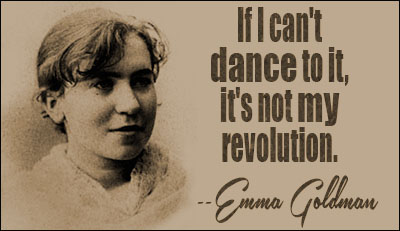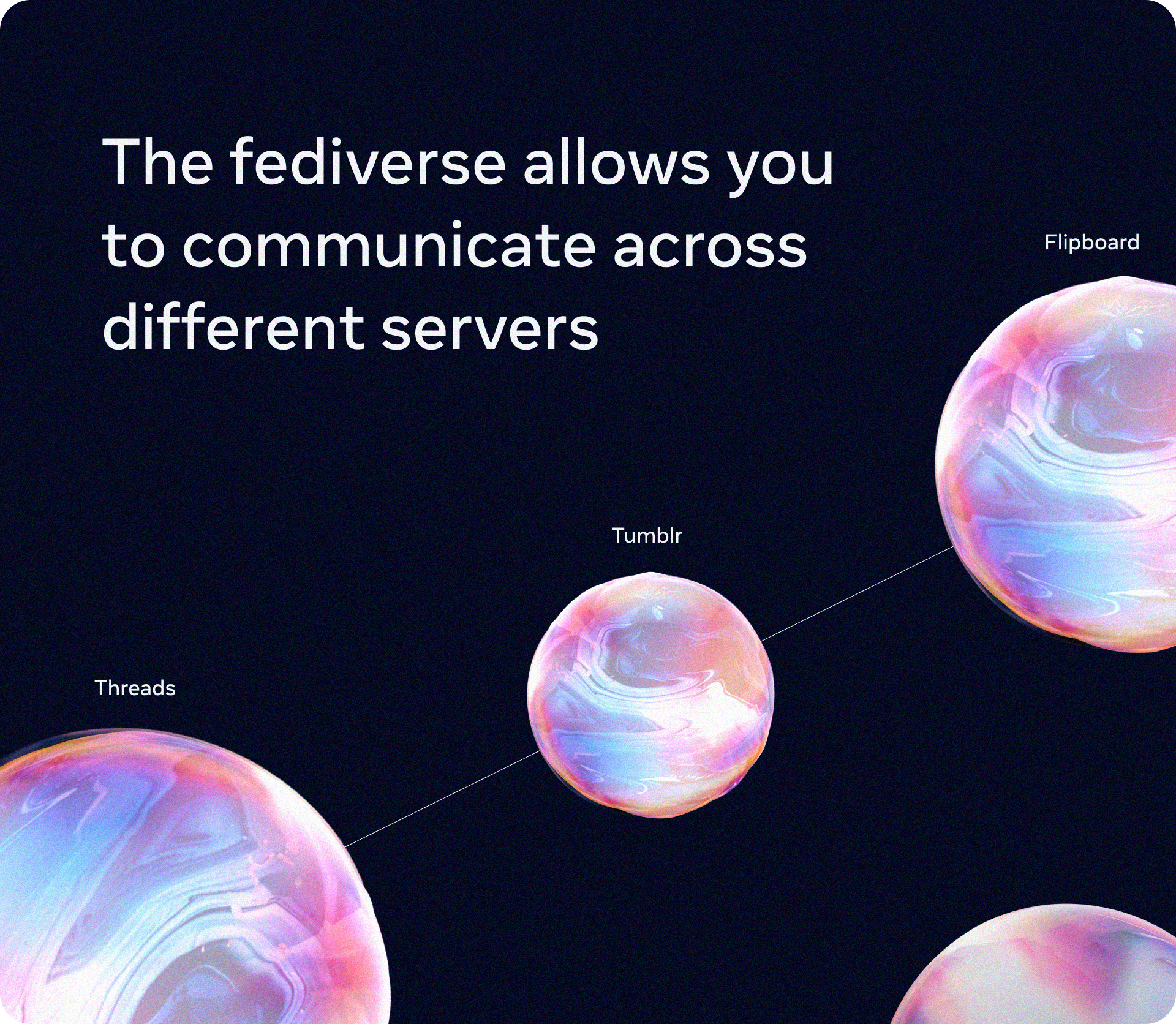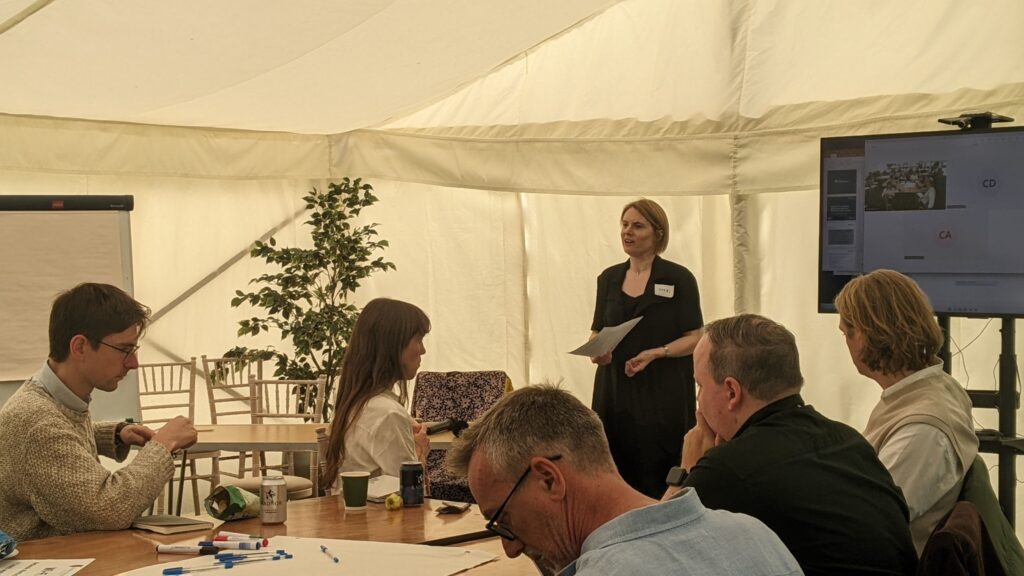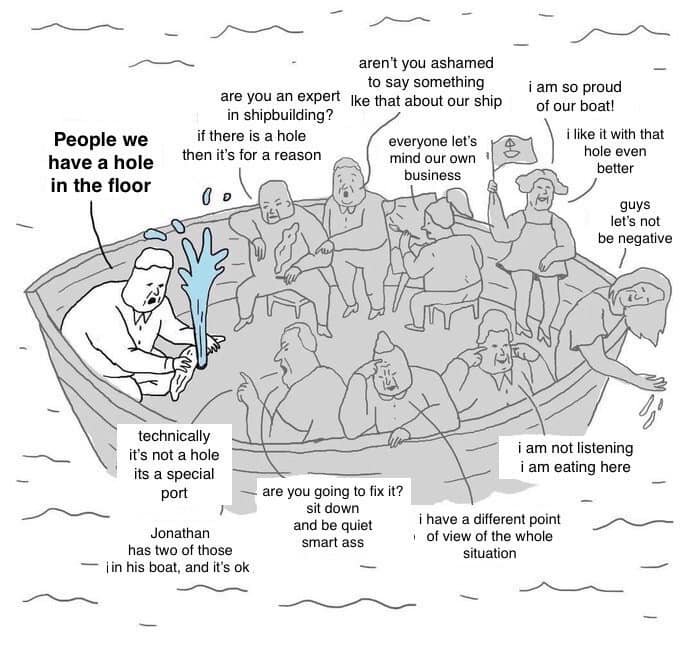This is a #fluffy response to this thread, about people feeling that some of the discourse surrounding the #openweb is too black and white, and that this is going to increase with the current pushing to the right political reality. Yes, supporting the #openweb doesn’t automatically make you “left-wing” or a “Marxist,” just as using platforms like X or Meta products doesn’t necessarily make you “right-wing nut job” or an out right “fascist.” The world is full of different shades, oversimplifying these issues from the mythical centre grows the polarisation that the people are very likely arguing against.
Building a business on open technologies is not inherently wrong, building exploitative #dotcons is clearly wrong. There is value in the middle ground between commercial success and the native #openweb paths. The challenge is finding the balance and ensuring businesses side respects the #4opens principles our people’s web is built on. Of course, there are risks. Commercial companies working on open technologies often push too far and betray trust. Meta’s entry into the #fediverse, for example, raises suspicions for good reason. Their track record shows a consistent prioritisation of profit over people.
However, that doesn’t mean we should dismiss the idea of building a business around open tech entirely. It’s about trust, accountability, and balance. Being critical doesn’t mean rejecting something outright; it means scrutinising the motives and actions behind it. The same #4opens principle applies whether you’re evaluating a tech startup or a massive corporation.
The bigger political mess the people in the thread are talking about isn’t open vs. closed or left vs. right, it’s the utter mess our middling political class has made with its hard shift to the right. This polarisation isn’t actually coming from the left, as many people assume when they’re critical of “extremes.” It’s a result of the “centre” being dragged further and further over decades. The balance has been lost, and it’s no wonder people are scrambling to find footing in such unstable paths.
I talk about this subject often from a radical progressive left perspective on this site (http://hamishcampbell.com), and yes, it is a mess in every way. The centre path, the one that should hold things together, has veered so sharply that even moderate discussions feel like battles over extremes.
For meany people in the centre, a shift back to something like the Bretton Woods, 20th century social democracy from the era before Reagan and Thatcher pushed us onto our knees to worship the #deathcult for the last 40 years. We do maybe have room for small business owners and local enterprise, a capitalism built on community, not monopolistic greed. Smaller capitalists, smaller systems, more balance.
This balance, and the conversation the #openweb needs to reflect, the larger struggle for balance. The goal isn’t only to polarise or pick sides, it’s to find a progressive “native” way forward that incorporates the best of different perspectives. A diversity of ideas, from Marxist critiques to social entrepreneurial innovation, so long as they operate within the #4opens framework of trust, openness, and accountability.
Yes, it’s a mess, but the way out is through this, shovels and composting come to mind and hopefully hands #OMN







